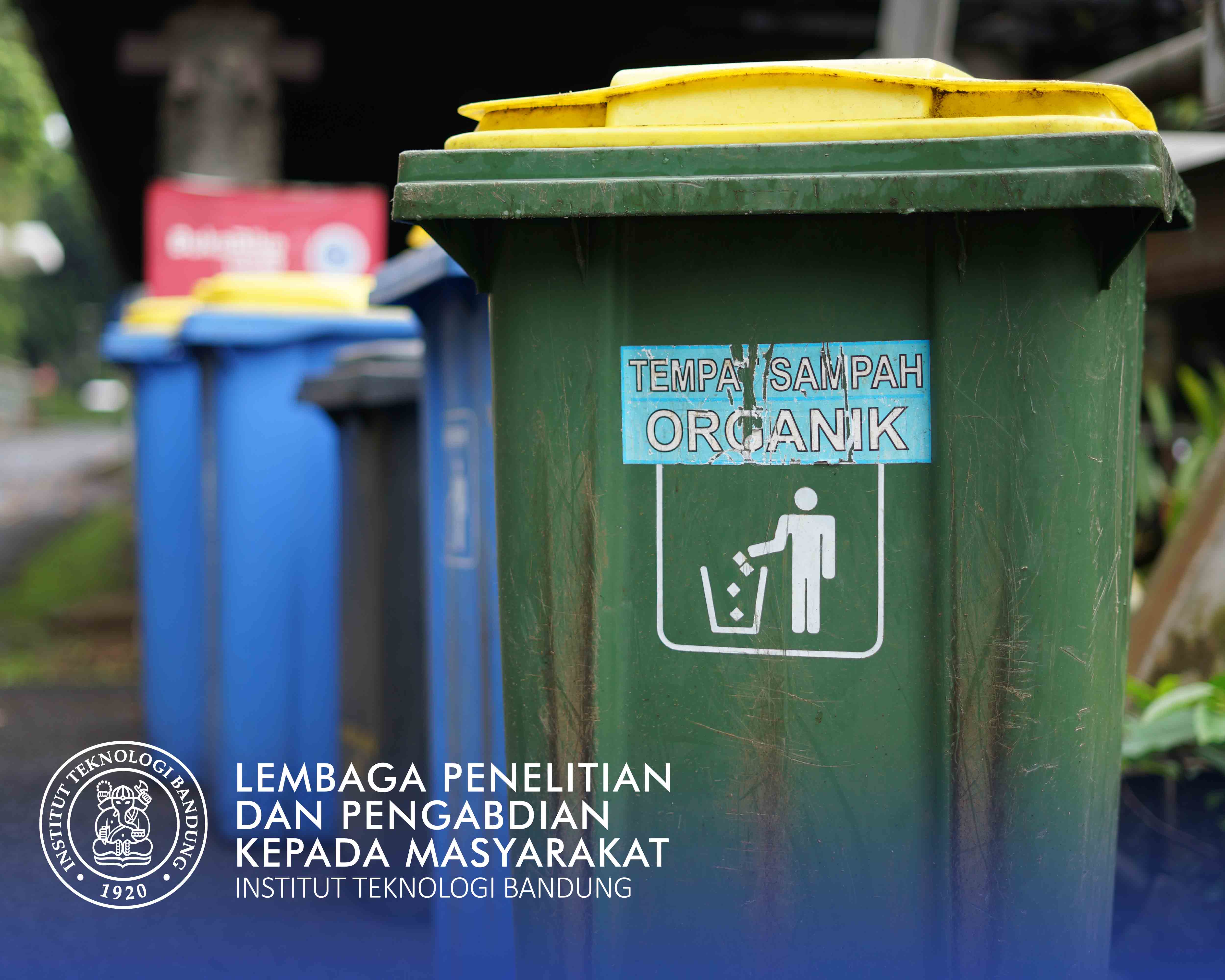

Noor Rahmawati
Training on waste management and processing was given to the people of Sukomulyo village, Sepaku sub-district, North Penajam Paser district. It is hoped that it will open up the community's habit of processing waste independently. Processing household organic waste into Takakura compost and ecoenzymes which are then processed into soap makes it attractive for people to process waste into useful products. This Community Service Activity will start from April to November 2024, involving 3 SITH lecturers, 1 SBM lecturer and 2 agricultural engineering students.
Processing household waste into useful products such as takakura compost and ecoenzymes using simple technology and raw materials that are widely available around, so it can practiced independently by the community while keeping the environment clean and sustainable. On this occasion, the community was also taught to sort organic and inorganic waste, followed by processing organic waste. It is hoped that this habit can continue to be implemented so that waste problems will not occur in Sukomulyo village, because the community is aware of the importance of community-based waste management and processing. Another advantage is that people can produce compost, ecoenzymes and soap that can be used as daily necessities
Teach the public how to sort organic and inorganic waste
This training provides benefits to the people of Sukomulya village, Sepaku subdistrict, North Penajam Paser Regency, knowledge about waste management and also processing waste into ecoenzymes and soap which can be practiced independently. The benefit for lecturers is being able to share simple knowledge and technology with the community